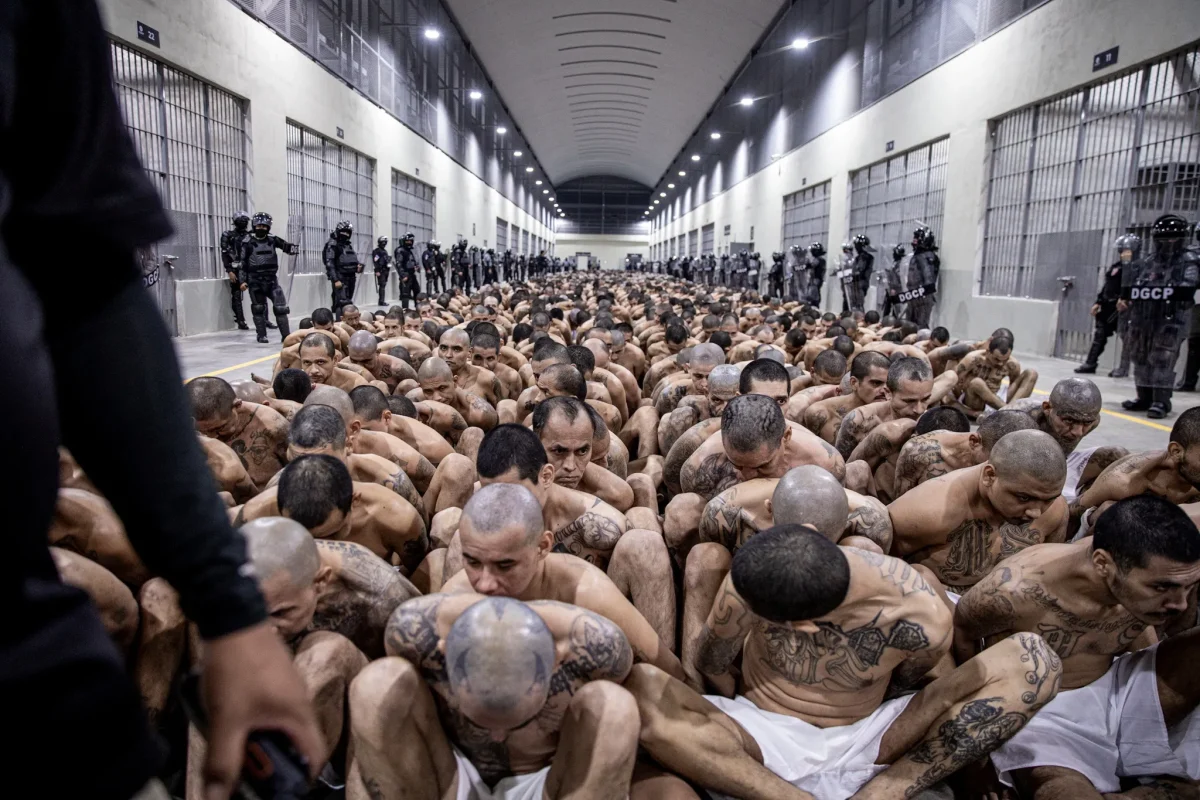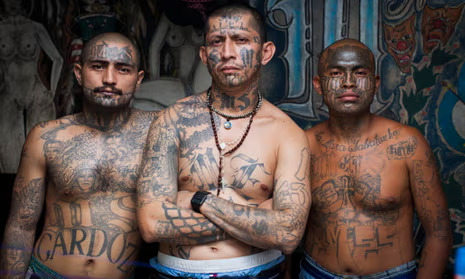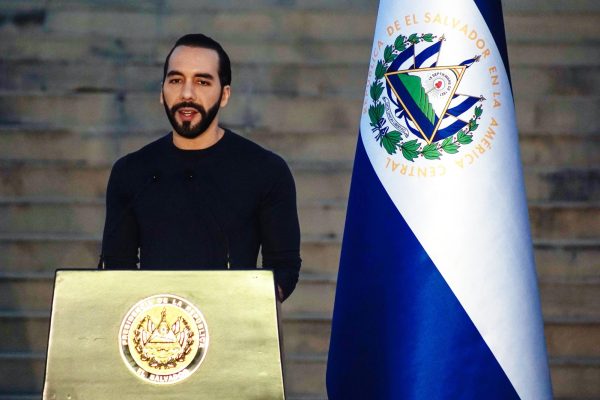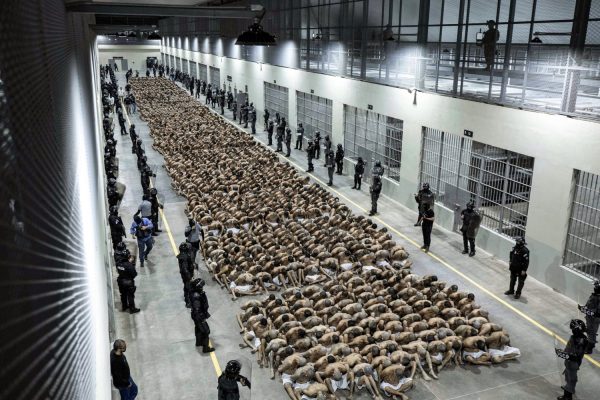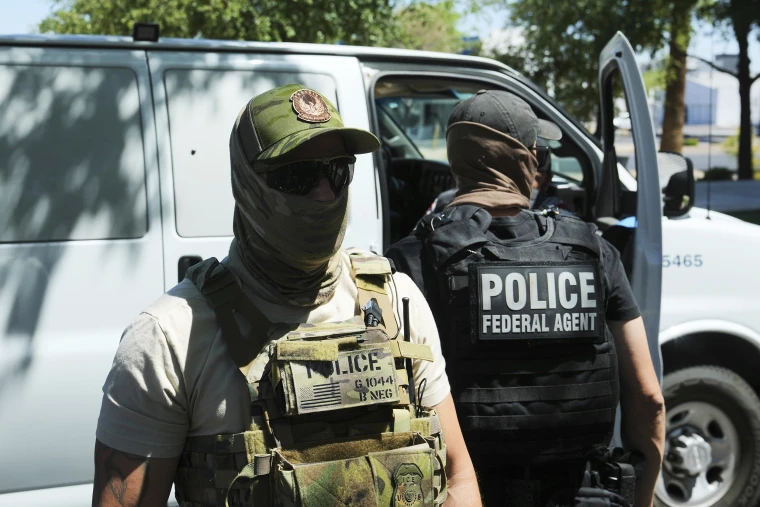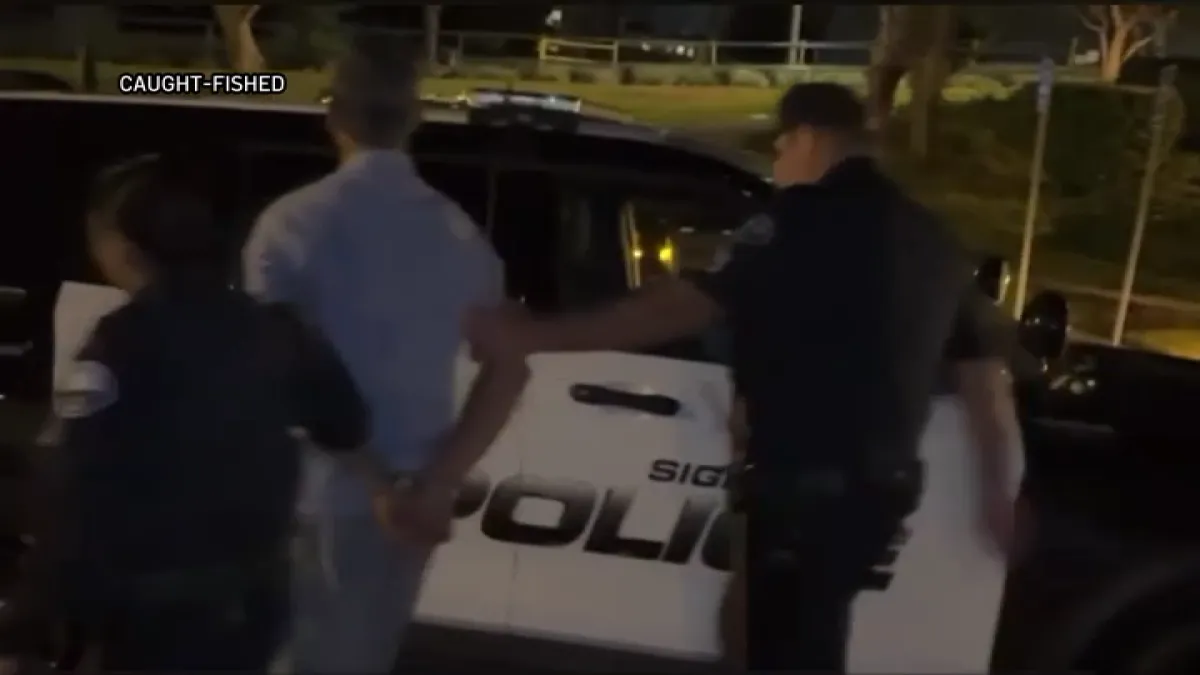Around the world, there are over 70,000 active members in the gang known as MS-13. The MS in MS-13 stands for Mara Salvatrucha, Mara meaning gang, and Salvatrucha meaning street-tough Salvadorians. MS-13 started in the marginalized communities of Los Angeles during the 1980s when a large number of refugees came in from El Salvador, Guatemala, and Honduras. The gang started as a group of people that would sit around smoking, drinking, and partying, but as time went on, the clique evolved into a much more dangerous group. When gang members started getting put in prison for their conflicts with the rival gang Barrio 18, they had to start following the orders of La eMe, also known as the Mexican Mafia. They started gaining more power and protection by serving La eMe, which made them more than just a normal street gang. Bill Clinton’s new program for immigration resulted in a lot of these foreign-born gang members being sent back to the countries they originally came from, including El Salvador.
MS-13 members inside of prison(2015)
This brings us to the situation today, which is MS-13 presence in El Salvador. During Nayib Bukele’s presidency, there has been mass incarceration of people suspected to be affiliated with MS-13, with a total estimate of 80,000. On the surface, it seems as if El Salvador is solving the threat of MS-13, but they are also causing things to happen to people that aren’t affiliated with the gang. They have made it so that anyone who displays images or messages about MS-13 can be sentenced to up to 15 years in prison, doesn’t matter if it’s implicit or explicit. These laws put a lot of journalists and reporters in rough water as they could be sentenced for allegedly reproducing or transmitting messages from MS-13 that could be seen as fear-mongering.
President Nayib Bukele speaking
This isn’t the only negative thing coming out of the new laws, as there has been a huge rise in false incarceration and mistreatment of prisoners. PBS interviewed a 16-year-old who was sent to prison for having alleged gang ties. The boy named Rodrigo claims that during times he was sick or in pain, the prisoner guards would take him out of the cell and beat him instead of taking him to receive medical treatment. He goes on to state that he was in a cell with 70 prisoners, with only about ten being gang-affiliated, and those ten were given better treatment than the others.
The inside of a prison that holds gang members in El Salvador
PBS went on to interview an anonymous police officer who talked about the arrests they would conduct on non-gang members. Police in El Salvador are given arrest quotas, so when this officer runs out of gang members, he arrests people who have nothing to do with gangs. They did this under the idea that anyone innocent would be released soon after being detained, but that has not been true. Many families have no clue if their incarcerated family members are alive and have no contact with them, according to Noah Bullock, the executive director of the Central American humanitarian organization Cristosal.
El Salvador has decreased the presence of MS-13, but it has come at a cost. The way they are handling it is on such a large scale that many things slip through the cracks or have adverse effects. Seven thousand people have been released, but allegedly thousands more innocent people remain inside the prison system. There’s no telling if these people will get out as the courts are very dismissive of appeals even when testimonies and recommendations from non-criminal people in the outside world are given.

